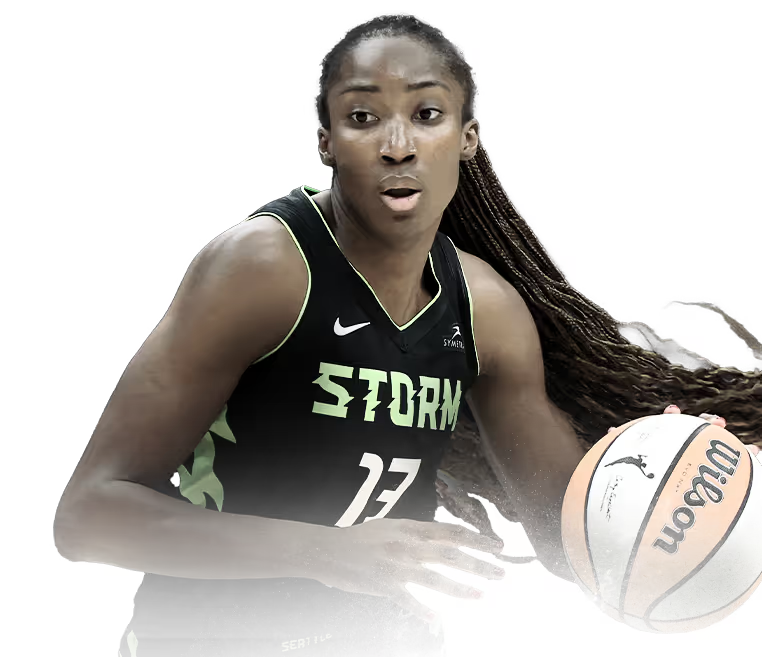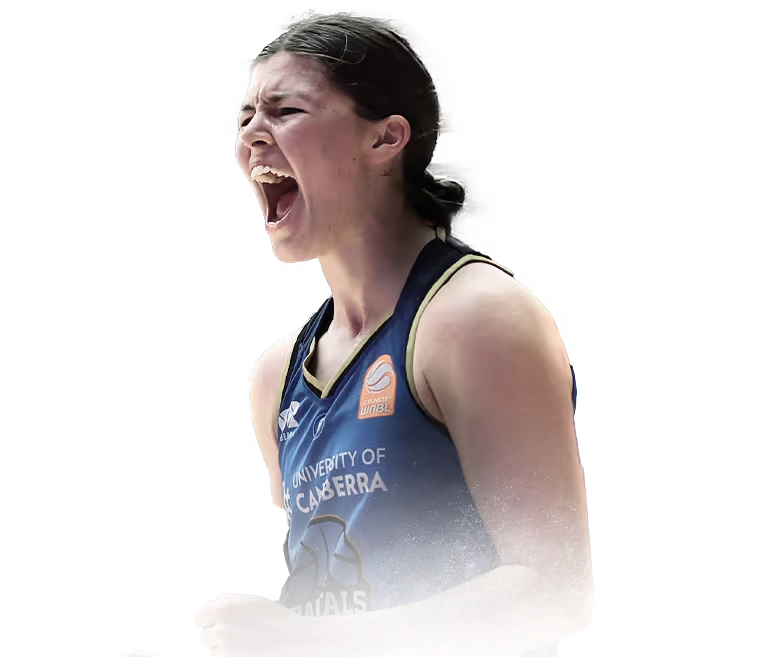
4
Apr
Opinion
Mums and dads: Don't be one of THOSE parents
Coach Tutorials
How to be the best basketball parent you can be — it's worth it for your child AND you
- Parents' negative behaviour has both short-term and long-term impacts on junior players
- Parents are crucial to a young player's development
- This is a guide of what to do as a parent of a junior basketballer
There is nothing worse than witnessing an irrational over-invested parent project their frustrations — or expectations — on young, junior basketball players.
Parents give little thought to both the short-term and long-term impacts of their own poor behaviour on the development of kids they think they have the best interests of.
Poor behaviour from sporting parents — across any code, not just basketball — has a significant impact on kids, coaches, referees, and even the broader club communities.
One of the biggest issues is establishing and then reinforcing "visual validation" habits. I've been on the sideline for years, and many young players search for their parents reaction after making a good or bad play or a mistake during the game. More often than not, it's when the player has made a mistake. They seek out the reaction of their mums and dads, which trends to be negativity from the stands. It smacks or negative reinforcement or the need to not wanting to disappoint their dad or mum.
No junior player should be compelled to look into the stands during the game to seek a response from their parents. If you can identify with this behaviour put a stop to it immediately. You're impacting your child's development. Talk to your player about the responsibility of their next action: "Don't worry about me in the stands, make sure you keep playing hard or keep having fun." It's just one play in the many thousands they will compete in. Don't make it more than it is.
Let the coach, coach. They volunteer their time. Telling a coach what to do, or challenging their decisions means one thing: You do it, then. It's easy to be an armchair critic, put your money where your mouth is and get involved. If you can't or won't you lose the right to have an opinion.
Here's a rundown of what not to do and what to do:
🚫 Poor Behaviour of Sporting Parents – What Not to Do
🔊 Sideline Coaching
What Not to Do: Yelling instructions such as “Run faster!”, “pass it!”, or “Shoot!” during the game.
Why It’s a Problem: Confuses the child (especially if it contradicts the coach). Adds pressure and stress and undermines the coach’s role.
😡 Arguing With Officials
What Not to Do: Confronting referees, umpires, or officials — yelling, challenging calls, or approaching them during or after the game.
Why It’s a Problem: Disrupts the game. Sets a poor example and can (should) result in penalties or bans.
🤬 Abuse (Verbal or Physical)
What Not to Do: Using foul language, threatening others, intimidating players, coaches, referees or other parents.
Why It’s a Problem: Creates a hostile environment. Can traumatise young players and may result in police involvement or being banned from venues.
👎 Criticising Children — Yours or Others’
What Not to Do: Calling out mistakes, mocking effort, or comparing kids (especially in public).
Why It’s a Problem: Shatters confidence. Embarrasses children and can lead kids to quit sport altogether.
🧢 Second-Guessing the Coach
What Not to Do: Publicly questioning coaching decisions, team selections, or tactics.
Why It’s a Problem: Undermines the coach’s authority. Erodes team trust and sends the wrong message to your child.
📊 Focusing on Outcomes Over Effort
What Not to Do: Only praising wins, goals, or top performances.
Why It’s a Problem: Teaches kids to fear failure. Shifts focus away from fun, learning, and development.
🗣️ Gossip and Sideline Politics
What Not to Do: Talking negatively about other parents, players, or the coach in the stands or group chats.
Why It’s a Problem: Divides teams. Creates unnecessary drama. Always gets back to the kids.
🧍 Living Through the Child
What Not to Do: Treating your child’s sport as your own, or pressuring them to reach goals that serve your ego.
Why It’s a Problem: Damages the parent-child relationship and robs kids of enjoyment and ownership.
✅ How to Be a Good Basketball Parent — What to Do
🧡 1. Prioritise Fun and Growth
- Ask your child: “Did you have fun?” not “Did you win?”
- Celebrate effort, improvement, teamwork, and resilience.
- Help them love the game — that’s what keeps them playing long-term.
🙌 2. Be Their Biggest Supporter — Not Their Coach
- Let the coach do the coaching.
- Your job is to provide emotional support and encouragement, win or lose.
- Post-game, keep it simple: “I loved watching you play.”
👂 3. Listen More Than You Talk
- If your child wants to talk about the game, let them lead the conversation.
- Don’t launch into critiques, analysis, or advice unless they ask for it.
- Sometimes they just need a milkshake and a hug.
🤝 4. Respect the Coach and Referees
- Trust the process, even if you don’t agree with every decision.
- Avoid side-comments, outbursts, or backseat coaching from the stands.
- Referees are human. Mistakes happen. Keep perspective.
👏 5. Cheer for the Whole Team
- Applaud good plays from anyone on the court.
- Promote a positive team culture — kids notice which parents are kind, loud, or toxic.
- Be the parent other kids feel safe around.
🕊️ 6. Model Composure and Class
- Show respect to opponents, coaches, refs, and other parents.
- Don’t gossip or complain in front of your child — they absorb everything.
- Lead by example — how you behave in the stands teaches more than what you say.
🛑 7. Keep Perspective
- Not every kid will be a star or get equal minutes.
- Not every game is about winning — it’s about learning.
- If they’ve developed character, friendships, and a love for sport, that’s a win.
💬 Bonus Tip: Use the 24-Hour Rule
If you have a concern about playing time, coaching decisions, or a tough game — wait 24 hours before reaching out. Emotions cool, clarity improves, and conversations are far more constructive.
About the Author
Peter Brown is the head coach of the Sydney Comets Women’s Youth League team in the Waratah Basketball League in NSW. He is also the assistant coach for the Comets NBL1 women’s team in the NBL1 East Conference. Peter is a 30-year journalist, starting as a sports reporter at the NT News in the early 1990s. He played junior basketball for the Northern Territory at national championships from U16 to U20 and for the Territory’s senior men’s team at numerous international tournaments. Peter has been a basketball fan since the early 80s, especially the NBA. Basketball is his passion — and his opinions his own. Email peter.brown@basketball.com.au with feedback. Any email feedback on articles sent to Peter can be published on basketball.com.au for others to read.
Exclusive Newsletter
Aussies in your Inbox: Don't miss a point, assist rebound or steal by Aussies competing overseas. Sign-up now!









